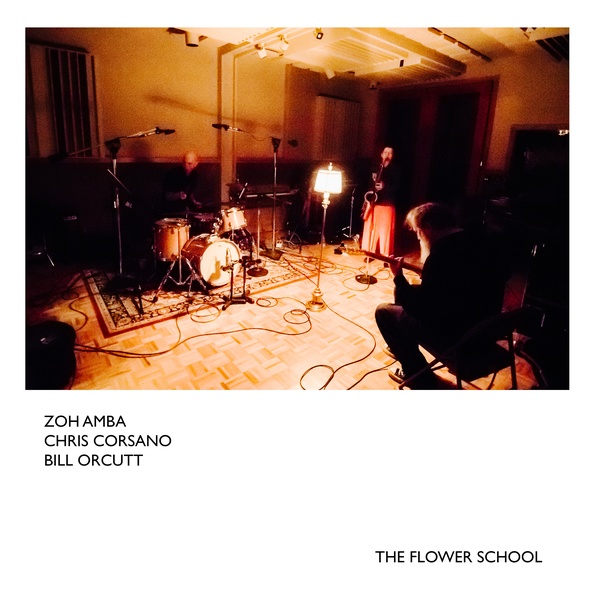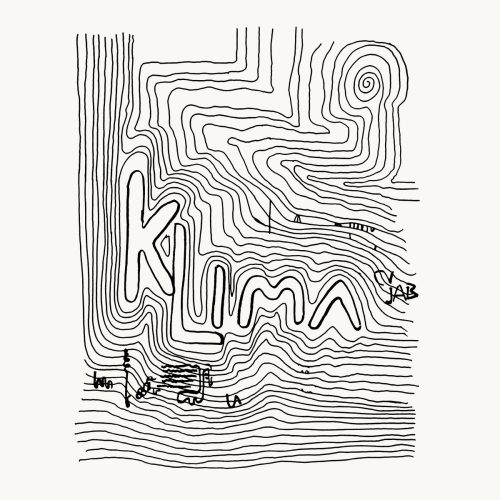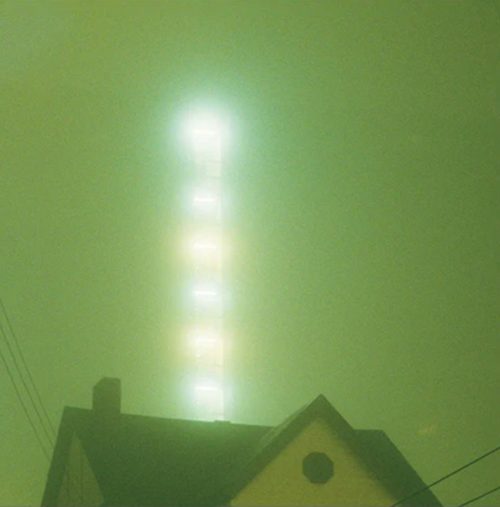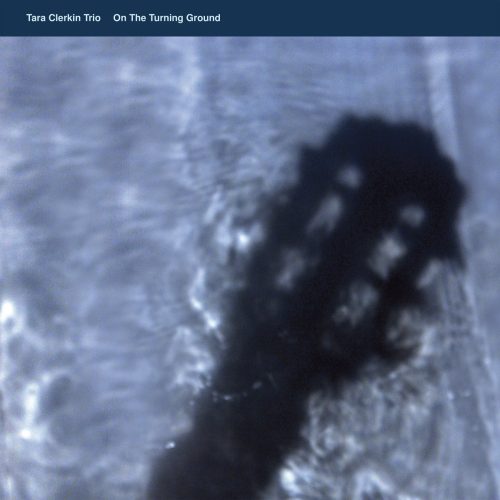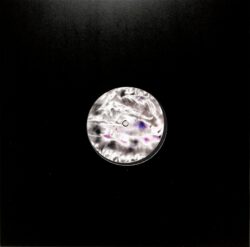The Flower School
Label: Palilalia
Genre: Experimental
$32.99
Out of stock
Since exploding on the improvised music scene a couple of years ago Tennessee native Zoh Amba has found herself engaging with an ever-widening group of collaborators as she tours across the US and Europe. She’s forged some enduring partnerships, working regularly with drummer Chris Corsano, bassist Thomas Morgan, and pianist Micah Thomas, among others, but one of the deep pleasures of improvised music is when a first-time meeting produces sparks. Indeed, that’s certainly the case with The Flower School, which bottles some serious lightning. In March of 2023, Amba and Corsano had finished up a duo tour of the west coast with an explosive performance in San Francisco. The next day the duo entered the studio with guitarist Bill Orcutt — a trusted collaborator of the drummer stretching back a decade. It was the first time Orcutt and Amba had ever played together, but it sure doesn’t seem that way. Although Amba has often recorded a bunch of tune-oriented albums for Tzadik, she’s a free improviser at heart, and this trio arguably provides the most effective, elastic context for her playing yet. Yet what’s most astonishing about The Flower School is how it elevates and transforms the playing of all three participants. It appears that there was more than enough trust in the room to allow each player to push-and-pull. Anyone who pays attention already knows that Orcutt and Corsano are mercurial figures, perpetually adapting, adjusting, and challenging one another. Inviting a third person to the party could threaten a slowly cultivated balance, but in this case the addition only heightened various dichotomies: soft vs. loud, bruising vs. tender, furious vs. lyric. Much has been made of Amba’s debt to the free jazz of 1960s, particularly the way her vibrato-drenched tone dips into valley of sacred music, but here she carves out a space that’s entirely hers. On tracks like “The Morning Light Has Flooded My Eyes” and “What Emptiness Do You Gaze Upon!” she reveals a meticulously sharpened gift for motific improvisation, taking a single phrase and chiseling away it until she’s discovered every possible permutation, all the while driven by the feverish energy and empathy of her cohorts. This group also displays Orcutt’s masterful support skills, as he often takes a single chord or two, letting them float in mutate in the background or splintering them into patient, reserved arpeggios that ripple alongside Corsano’s circular sculptures and the saxophonist’s edgy blowing. Two of the album’s five tracks are duets between Orcutt and Amba. The collection is bisected by “Sweet One,” a delicate lattice formed by Orcutt’s tremulous electric guitar arpeggios and Amba’s spike acoustic pointillism that basks in its own leisurely beauty for a couple of restorative minutes, while the album closer “Moon Showed But No You” is a searingly beautiful ballad where the guitarist unspools clusters of notes somewhere between vintage Loren Mazzacane Connor and a distorted kalimba, while Amba puts an upwardly arcing melodic line through its paces, finding new wrinkles at every turn.

